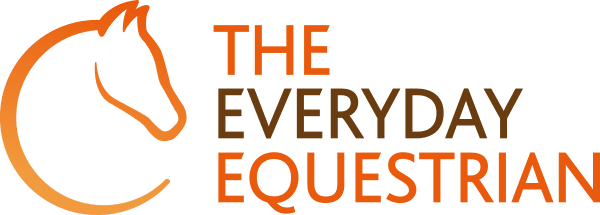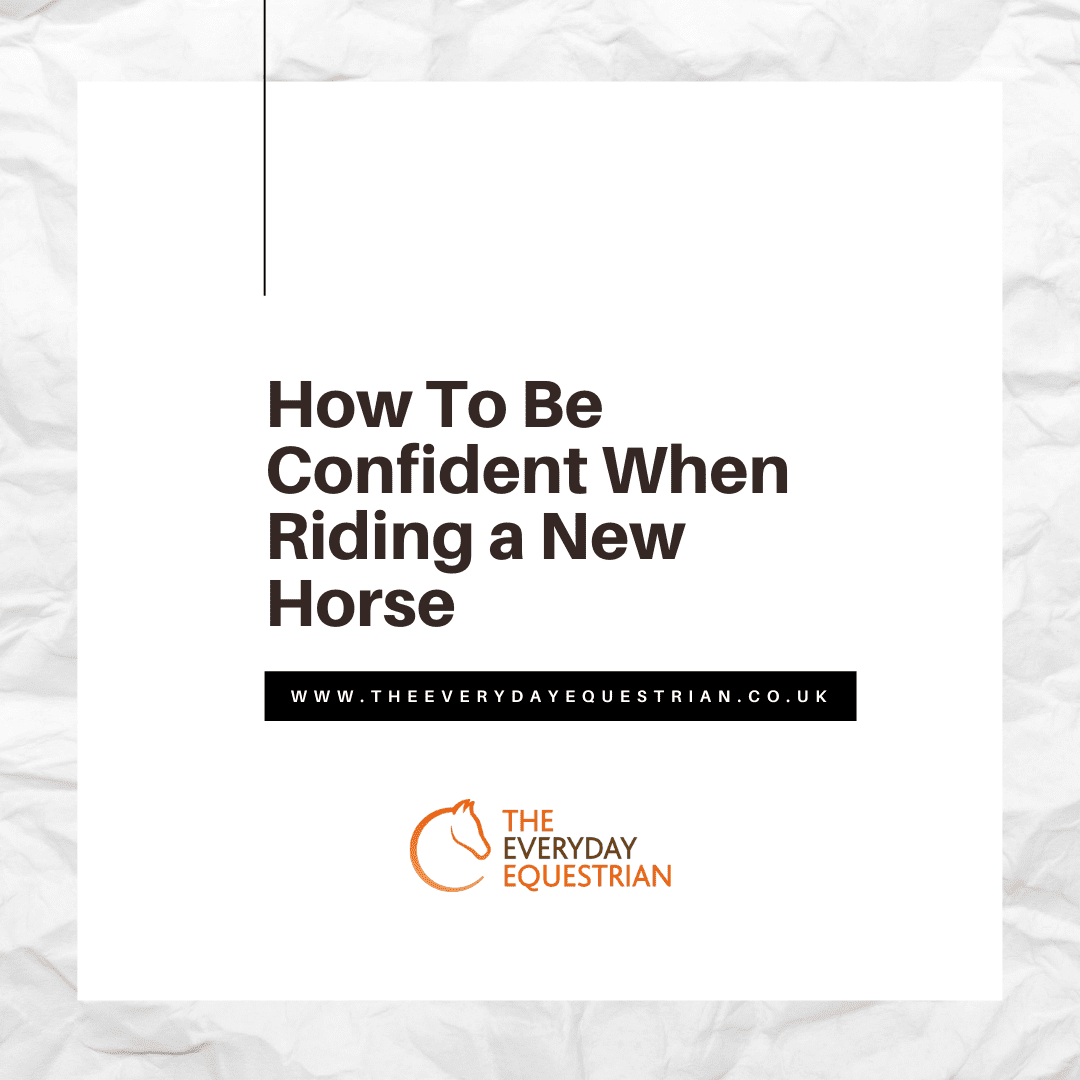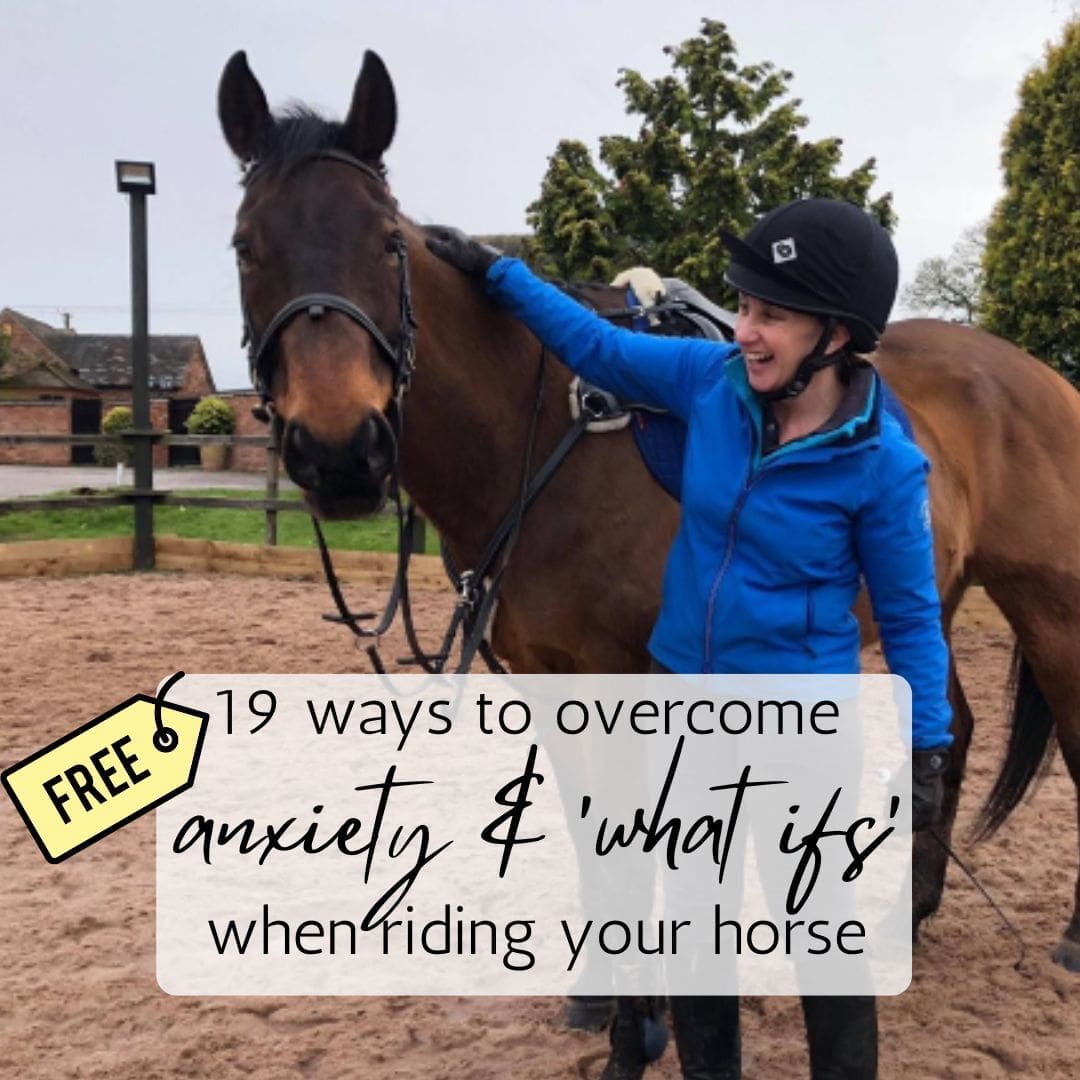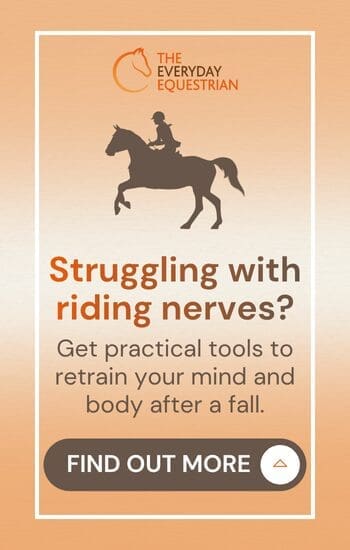Riding a new horse can be pretty daunting. Many of us have ridden the same horse/s for years and the prospect of the unknown can affect our confidence levels (even if we would usually consider ourselves quite confident riders).
It’s completely understandable to feel this way and isn’t uncommon for us to feel a bit nervous getting on a new horse. There are also a few key reasons why we may be in the situation of having to get on a new horse which can include;
New horse at a riding school
Riding a new horse in your lesson can feel like a step into the unknown, but it doesn’t have to feel scary.
Test riding a horse before buying
When you are looking to buy a new horse, at some point you will get on and see whether he is for you. This can feel tricky, however my tips below will help you overcome any nerves.
Riding a horse for someone else
On occasion, you may be in a situation where you have to ride a horse for someone else. A horse that you have never ridden who is unfamiliar to you. This might be because the owner has gone away and left you in charge. This can be pretty nerve-wracking too.
So, what can we do to change this? How can we train our brain to become more confident when riding new horses? Check out my top tips below to help you on your way.
Ask questions
Asking questions is good! Find out as much as you can about the horse in advance. How old are they? What is their current workload like? What is their level of experience? Current management regime? Does the horse have any unusual behaviour? What is the horse really good at or what do they struggle? These are all great questions. In addition, you may want to find out about the horse’s way of going, their attitude and how the rider is managing the horse. This way, you’ll start to get a picture of what the horse is like, and how you could approach riding him.
Watch someone else ride
Watching someone else ride the horse first can do wonders for your confidence levels. It will give you a good idea of the horse’s way of going and temperament without you having to leave the ground yourself. Ask the rider to do everything you want/would like to do with the horse. This will give you a thorough assessment of the horse from ground level and indicate the likelihood of how well you will be able to manage the horse yourself.
Take your time
Taking your time with horses is key. Don’t feel like you need to be rushed into doing more than you are comfortable with. This is often where accidents occur and can simply be avoided by taking things at a steady pace. Pushing yourself too quickly can cause you to panic and feel like you are losing confidence. Remember, you get to choose what you do… or not.
Visualisation
Visualising can be a great tool for getting your confidence in check. When you visualise what you want to happen you create a happy story that boosts your confidence and changes your mindset to a more positive one. Imagine yourself riding this horse and it feeling easy and enjoyable. The more detail and positive emotion you can add to your visualisation, the more effective it will be.
Alter egos
One of the best things you can do when tackling riding a new horse is to ride ‘as if’ you are already a confident rider. Pretend to be that confident rider you’ve already wanted to be. Maybe that’s one of your favourite dressage riders or showjumpers? When you take on this persona ask yourself, what do you see, hear and feel? Step into this rider’s shoes and become them!
Familiarity
Familiarity with a horse goes a long way to boosting our confidence and the way we ride. When you know a horse quite well it is much easier to have that trust and belief in yourself and your horse. When you first ride an unfamiliar horse, check the key controls ‘buttons’. Can you stop and go? Does the horse turn easily? Spend time figuring out clear lines of communication, then you are more likely to feel confident and enjoy each other’s company.
Exploration
Always maintain an attitude of exploration when you’re riding, i.e. “let’s see what I can find out about this horse”. Treat the situation as an interesting fact-finding session, finding out what are the horse’s strengths and weaknesses… and what are yours? What steps could you take to build a better partnership?
Vocalisation
So no, you can’t talk to your horse during a dressage test, but when riding a new horse for the first time it can make all the difference between feeling calm and confident and a complete bag of nerves. Talk to your horse and yourself. Make friends with them. Talking your way through what you are doing helps to keep you focussed and in control, effectively easing your nerves and boosting confidence levels.
Breathe
Breathing can be a problem for riders at the best of times. When we are feeling nervous or apprehensive we often forget to breathe whilst riding. This can leave us feeling short of breath and panicky. Practice different breathing techniques and figure out what works best for you. Focus on the rhythm and quality of your breath.
Focus
Our focus can have a clear impact on how we feel about our riding. Focussing on the positives can keep us engaged and occupied which helps us think less about our fears and nerves. Focus only on the things that you can control, i.e. your thoughts, emotions and actions, then let go of everything else.
Progress at your own speed
Everyone learns and progresses at their own speed. There is no hard and fast rule about how much time it should take to get used to a new horse. Some riders find they progress quite quickly whilst others take longer and find building a bond with a new horse more challenging. You are in control of you, which means that you get to decide what happens next.
Ask for assistance
You should never worry about having to ask for help. If you feel more comfortable having someone walk alongside you for a while, or you’d prefer to wear a body protector or air jacket (or both!), then do it.
Reflect
Once you have ridden the horse, reflect on what went well, and consider how it could be even better. Use it as a learning experience to inform how well you’re doing with your riding and confidence and where you should focus your development going forward. This gives you a good plan of what you can work on next time you ride.
Lastly and certainly not least….
Remember, you always have a choice about what happens, and who knows you could achieve!



